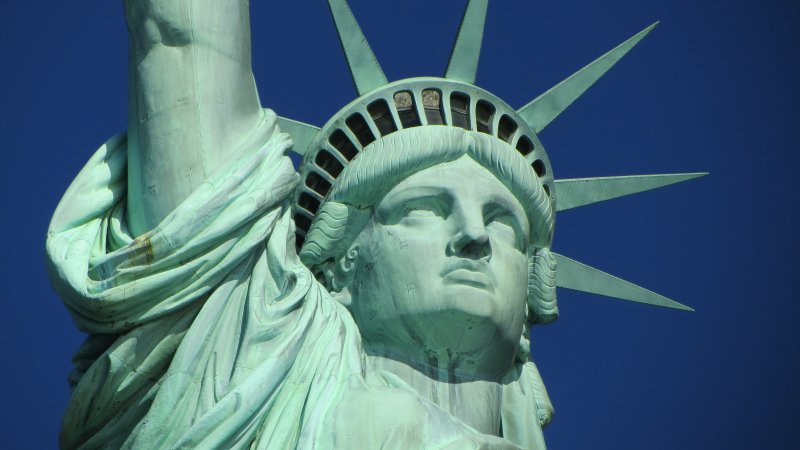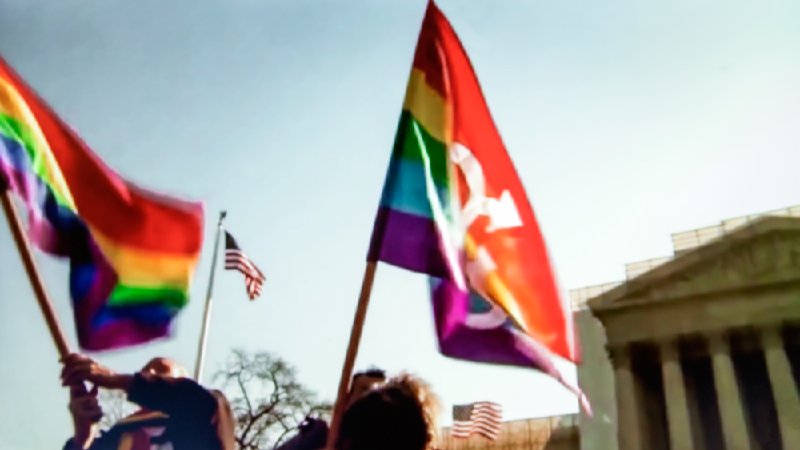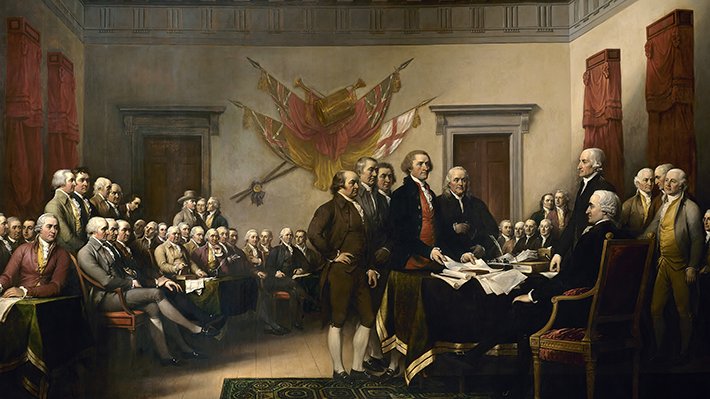
-
HOME
-
WHAT IS STANDOur Mission Our Values Our Help Contact
-
WHAT WE FIGHT FORReligious Freedom Religious Literacy Equality & Human Rights Inclusion & Respect Free Speech Responsible Journalism Corporate Accountability
-
RESOURCESExpert Studies Landmark Decisions White Papers FAQs David Miscavige Religious Freedom Resource Center Freedom of Religion & Human Rights Topic Index Priest-Penitent Privilege Islamophobia
-
HATE MONITORBiased Media Propagandists Hatemongers False Experts Hate Monitor Blog
-
NEWSROOMNews Media Watch Videos Blog
-
TAKE ACTIONCombat Hate & Discrimination Champion Freedom of Religion Demand Accountability
Canadian Supreme Court Finds for the Jehovah’s Witnesses
The Supreme Court of Canada recently decided unanimously in favor of a local branch of the Jehovah’s Witnesses by upholding its right to expel a member whom they decided had breached the tenets of their religion and was unrepentant about having done so.
The decision is a victory for the rights of religious groups to uphold standards for membership based on their own religious beliefs and to be free to resolve purely ecclesiastical matters for themselves. It also vindicates the rights of all private associations—religious or otherwise—to decide whom they wish to have as members. And, lastly, it is a win for common sense.
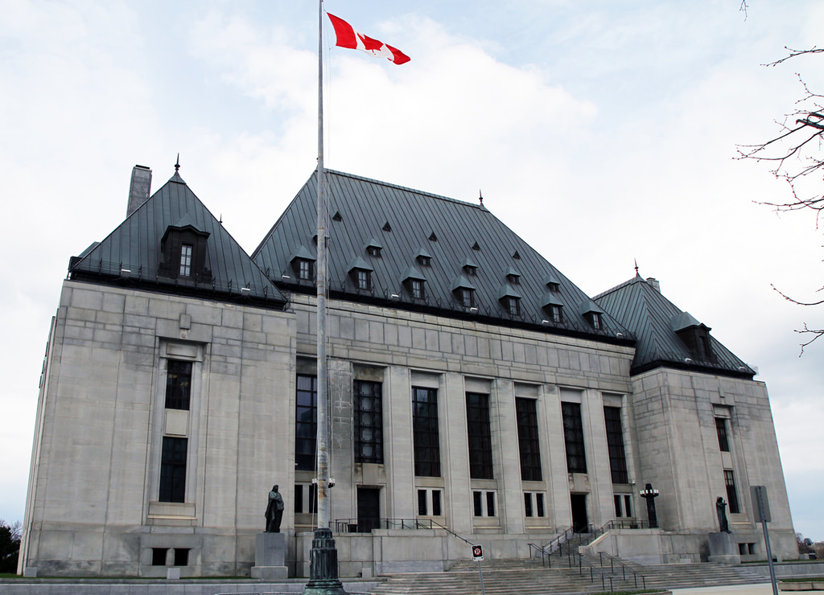
The basic facts are that Randy Wall, a member of the Highwood Congregation of the Jehovah’s Witnesses in Calgary, was expelled or “disfellowshipped” in 2014 for alleged immoral behavior. He appealed the decision to higher bodies within the Jehovah’s Witnesses hierarchy, all of which confirmed his expulsion. When Wall ran out of places to appeal within the religion he filed a lawsuit, asking that a civil court overturn the congregation’s decision, which eventually made its way to the Supreme Court. The Supreme Court ruled that Wall’s being disfellowshipped was a purely private matter between Wall and his former church. To quote from the decision: “By way of example, the courts may not have the legitimacy to assist in resolving a dispute about the greatest hockey player of all time, about a bridge player who is left out of his regular weekly game night, or about a cousin who thinks she should have been invited to a wedding…”
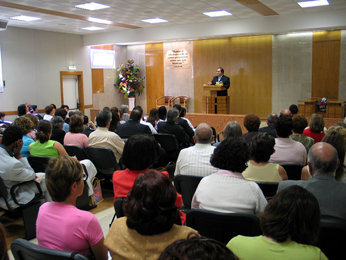
Many churches were following this case and looked on the decision with relief. Of utmost importance to a religious group is the ability to define ethical and moral standards required of members and also what someone must do to achieve salvation or contribute to the religion’s goals in some way. Furthermore they must be able to remove from their midst someone whose conduct and beliefs cut across those goals. These standards will of course be subjective and understood only by those who know the teachings of that particular group.
Courts can fix responsibility when something goes wrong and award damages or restitution, but they have no ability to restore trust, love or the many other intangible qualities that make relationships among people possible and worthwhile.
The Supreme Court’s decision will also apply to private groups which now have a greater freedom to decide whom they wish to include and to associate with. And this is where common sense comes in. The vast majority of interrelationships among people have nothing to do with any sort of legally enforceable right or obligation. Wall, a realtor by profession, complained that after he was disfellowshipped, he lost all of his clients who were Jehovah’s Witnesses, a significant part of his client base. What did he think would have happened had the court restored him to good standing? Buying a house is usually the most significant financial decision a middle-class family makes. Would Jehovah’s Witnesses entrust their future to someone they thought had transgressed tenets that they held sacred? No more than the elders and church rank-and-file would truly look upon him as a member. Courts can fix responsibility when something goes wrong and award damages or restitution, but they have no ability to restore trust, love or the many other intangible qualities that make relationships among people possible and worthwhile.
The Supreme Court wisely took themselves and all of Canada’s legal system out of a form of litigation in which it cannot possibly help either party, thereby setting a good example for other countries around the world.






